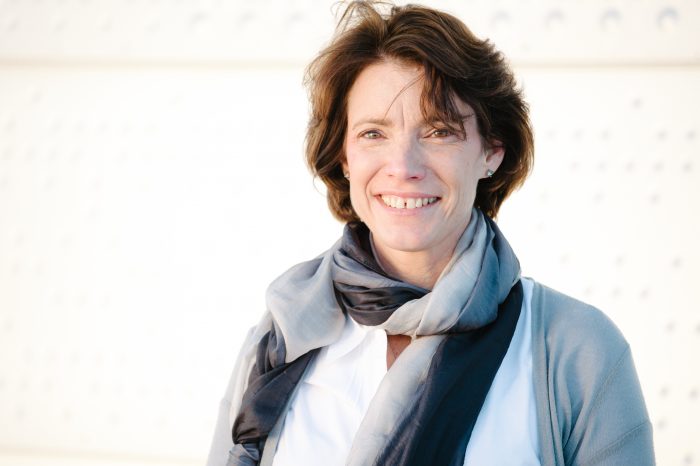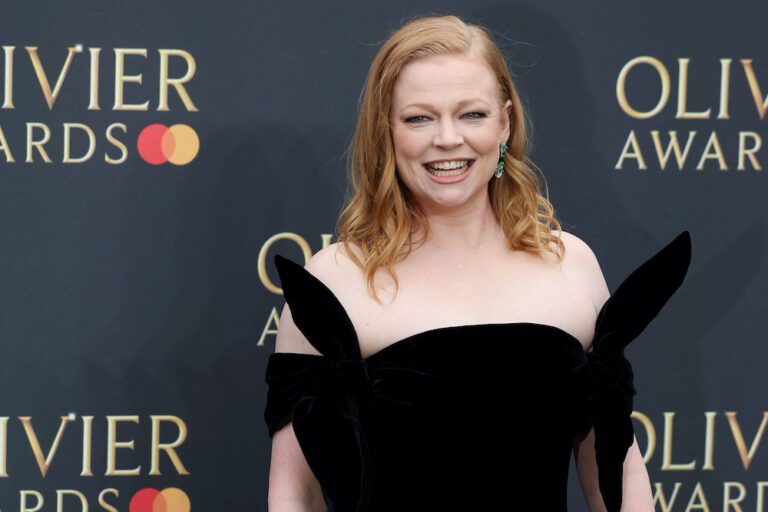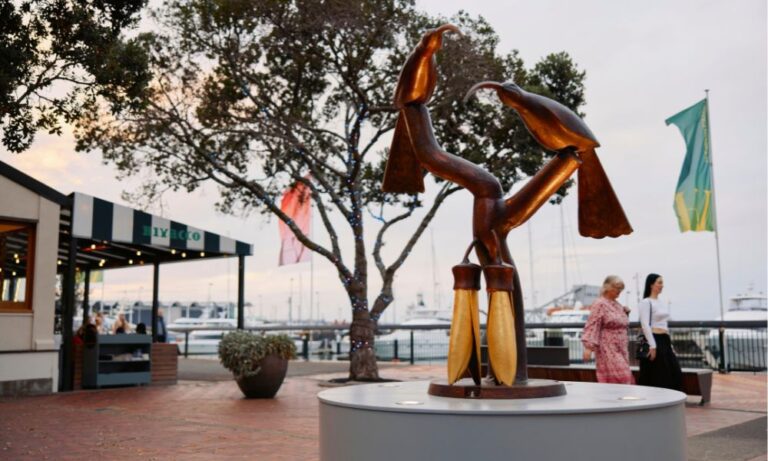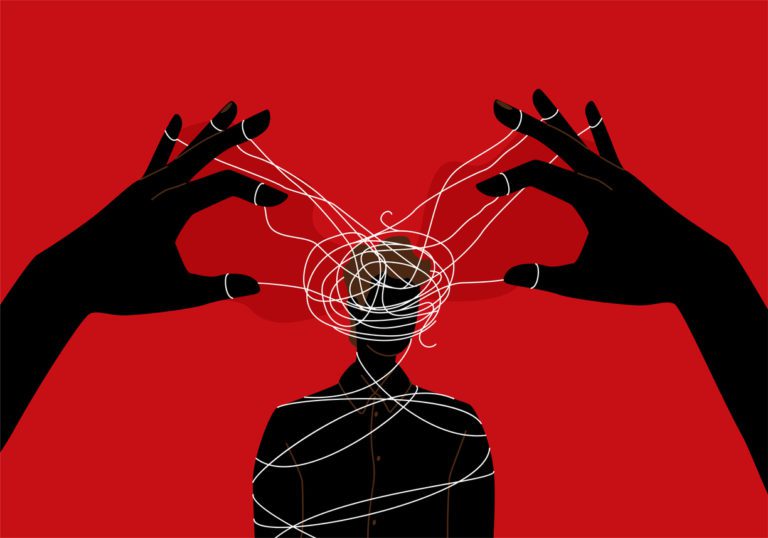Karen O´Brien is a Professor of Human Geography at the University of Oslo, Norway. Her research focuses on climate change adaptation and transformations to sustainability, and on the relationship between individual and collective change. She is on the Science Committee for Future Earth and is a co-founder of cCHANGE.no, an organisation committed to assisting individuals and organisations to instigate change on climate issues.
She sat down with MiNDFOOD to discuss her work and how we can deal with climate change.
- How did you come to be involved in climate science?
I studied international relations at the College of William and Mary in Virginia, with the goal of becoming a diplomat. While I was waiting for a security clearance I started working at the National Geographic Society in Washington, DC. I was fascinated to learn about tropical rainforests and biodiversity and it inspired me to do a masters in environmental studies.
This was the same year James Hansen testified in front of a US Congressional committee that it was 99 percent certain that the warming trend was influence by an increase of greenhouse gases in the atmosphere. I wanted to know more and started studying climatology, ecology, and systems dynamics.
Since then, my research has focused more on the human and social dimensions of climate change, especially the implications for human security
- Having worked in climate change research for 25 years, how has the message changed regarding climate science?
The main message from researchers about human influence on the climate system has been pretty consistent over the past 30 years, but concerns over the rate of change and the implications for nature and society have grown. There was little talk about adaptation 25 years ago – most attention was focused on reducing greenhouse gas emissions. Now we recognise the need to do both – we will have to adapt to the impacts of climate change at the same time as we dramatically reduce greenhouse emissions
- How did cChange come about? What was your motivation for joining the project?
cCHANGE started as a proposal to mobilise an international research network to study transformations in the context of climate change. How do we realise transformations that are ethical, equitable, and sustainable? When the research did not get funded, it became clear to me that we needed a different type of platform to engage people with transformations to sustainability. We want to draw attention to relationships between individual change, collective change, and systems change. We want to inspire people to engage not only with the solutions to climate change, but as the solutions.

- A lot of your work surrounds the idea of talking about climate change in terms of relationships – why is this important and how is it useful?
We need to make systemic changes to meet the targets set by the Paris Agreement – these include changes in energy systems, economic systems, agricultural systems, transport systems, and so on. But “systems change” always sounds big and abstract. Most people cannot relate to it in their everyday lives. But a system is nothing more than a set of things that work together to form a whole. It is an interconnected network of relationships. Systems change come about through changes in relationships.
If we want to change systems, we have to explore our relationship with the environment, with each other, with other species, with future generations, and with “stuff” of all sorts, including fossil fuels. If we can transform relationships, we can transform systems.
- Using the language of relationships, how would you best characterise the current debate that still surrounds climate change?
In many countries, the debate around climate change is still very polarised. It is often characterised by monologues rather than dialogues, generally organised around whether or not we “believe” in climate change. If the solution to climate change depends on partnerships, cooperation, and collaboration at a global scale, this situation represents a dysfunctional relationship.
- What are the best chances for the world to combat climate change post-Post 2015? What needs to be overcome to achieve this?
If we are going to successfully minimise the risks of climate change and meet the Paris commitments, we need to engage people as the solution to climate change. We need to recognise our individual and collective capacity to change systems by changing relationships. This includes activating not just behavioural change, but political agency. We need to overcome our feeling of being small and meaningless when it comes to climate change solutions. When we realise that the integrity of the whole is linked to the integrity of the parts, we will understand that our capacity to create change is much greater than we think.
You can see Karen O’Brien discuss her work on climate change at the All About Women Festival on 5 March in Sydney. To find out more, visit http://aaw.sydneyoperahouse.com/







